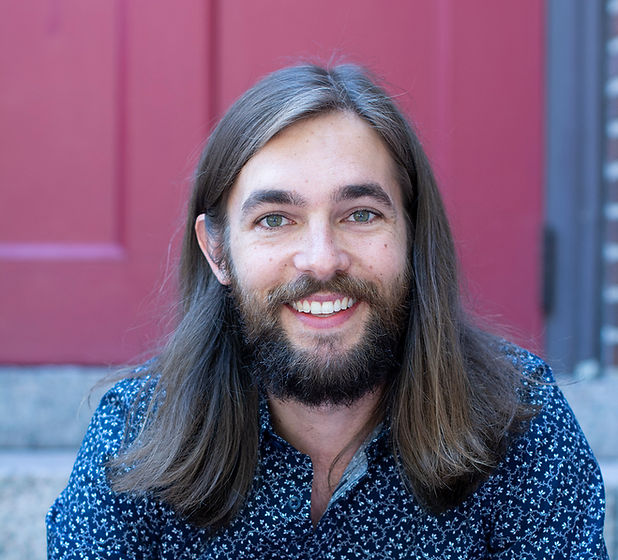top of page
Welcome
I'm Tony, thanks for tuning in. I offer music lessons, a recording studio perfect for singers and other acoustic instruments, custom music creation, meditative music, and audio books for sale.
My studio is in Wheat Ridge, Colorado, easily accessible for folks in Denver, Lakewood, Arvada, Golden, Applewood, Westminster, Englewood, and beyond. I work with folks outside of Colorado through online sessions too. Read more about me or schedule a session today.

bottom of page